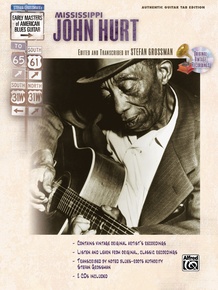
The Blue Front Café has been recognized as a spot of historical significance to Delta Blues with a Mississippi Blues Trail marker. The Café served up hot meals, groceries, drinks, recreation, entertainment, and even haircuts. Carey and Mary Holmes raised their ten children and three nephews and sent most of them to college on the income generated by the Café and their cotton crops. In its early years, the Café was a local gathering spot for crowds of workers from the Yazoo County cotton fields. One of the couple’s sons, Jimmy Holmes took over the Café in 1970.ĭuring the 1980s the Blue Front Café began to attract tourists in search of authentic blues in a rustic setting. In its heyday, the Blue Front was famed for its buffalo fish, blues, and moonshine whiskey. The Blue Front Café opened in 1948, making it the oldest juke joint in Mississippi in continuous operation, under the ownership of Carey and Mary Holmes, an African American couple from Bentonia. Both James’ and Owens’ styles featured haunting minor chords and droning strings which, in comparison to the music of many other blues musicians, ring with an ominous and eerie feel. Others include Jack Owens and the unrecorded Henry Stuckey. James became the most well-known of the small pool of musicians associated with the Bentonia School. His style became known as Bentonia School. While not all blues musicians from Bentonia played in this style, one particular blues player, Skip James (1902-1969), had a distinct, complicated, and highly sophisticated style that veered from typical blues guitar playing. The Bentonia School, a style of guitar playing often attributed to blues players from Bentonia, Mississippi, features a shared repertoire of songs, guitar tunings and chord voicings with a distinctively minor tone not found in other styles of blues music.


Yazoo County, Mississippi has a rich history of producing important Delta Blues musicians and songwriters, and that tradition continues today.


 0 kommentar(er)
0 kommentar(er)
